A Religious Utopia Turned Nightmare
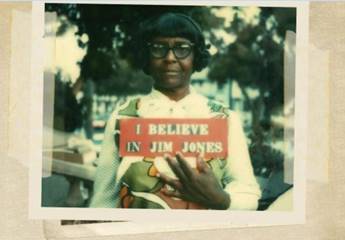
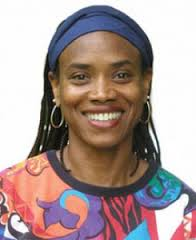 This is a guest post by Reverend Irene Monroe. Monroe is described in O, the Oprah Magazine, as “a phenomenal woman who has succeeded against all odds.” An African-American lesbian feminist public theologian, she is a sought-after speaker and preacher. If you’re interested in the book discussed here, “White Nights, Black Paradise” by Sikivu Hutchinson, you can purchase it on Amazon.
This is a guest post by Reverend Irene Monroe. Monroe is described in O, the Oprah Magazine, as “a phenomenal woman who has succeeded against all odds.” An African-American lesbian feminist public theologian, she is a sought-after speaker and preacher. If you’re interested in the book discussed here, “White Nights, Black Paradise” by Sikivu Hutchinson, you can purchase it on Amazon.
“Their emigration to Jonestown in Guyana, South American represents another leg of the African Diaspora, but this time black bodies are stolen and killed not by the hands of white slave hunters, but rather by a religious rhetoric that pimps and profits on the racial, economic, and gendered disenfranchised.”
The last time an African American lesbian was the protagonist in a novel was in Ann Allen Shockley’s 1982 “Say Jesus and Come to Me.” What shocked and awed readers about this main character is that she is also an itinerant minister. While crusading against street vice in Nashville the Reverend Myrtle Black meets world-famous R&B songstress Travis Lee who joins the crusade. Their girl crushes on each other are both profoundly spiritual and powerfully sexual that neither can ignore. And neither could readers ignore the author’s apt and scathing critique of the Black Church’s misogyny and homophobia. For decades Shockley’s novel was every black lesbians Bible – myself included.
But the book leaves you with the following queries to do more than merely pray about: Should the Black Church continue to have such a central role in the lives of African Americans given its very toxic androcentric ecclesiastical paradigm that systematically still bars many of us-straight or LGBTQ-ascendency to the pulpit? Can African Americans find liberation in the ever present accommodationist phase of the black church that sells out its social gospel message of justice for conservative faith-based initiative dollars?
Whereas Shockley’s fictional tale give – especially African American LGBTQs-unproved reasons and unfed hope to stay in the Black Church, other than its familiarity, Sikivu Hutchinson’s historical gothic novel “White Nights, Black Paradise” gives us all reason to leave religion entirely.
For centuries, the paradigm of leadership in the African-American community has been the Black Church with its homophobic and sexist yet charismatic gay preacher, (i.e., Bishop Eddie Long). Hutchinson’s novel disturbingly shows the complexity of a repackaged and unexamined black religious idealism espoused from the mouth of a white megalomaniacal messiah alongside the harsh reality of a supposed utopia. Based on the true and horrifying story of the charismatic Reverend Jim Jones, the Peoples Temple and Jonestown massacre, Hutchinson novel is both a reckoning and remembering of the lives lost -the largest religious murder-suicide in American history.
Over 900 members of the People’s Temple, an African American multiracial church with Pentecostal roots, died in the Jonestown massacre in 1978. Approximately, 75 percent of Peoples Temple congregants were African American, 20 percent were white and 5 percent were Asian, Latino and Native American. The majority of its black congregants were women, while its core leadership was predominantly white as too is the historical records and visual optics of the event. And as in the Black Church, black women were “the backbone” of Peoples Temple. Sadly, the majority of Jonestown’s victims were African American women, too. And the haunting question is why did so many black women die?
“Unpacking why so many black women died in Jonestown requires taking a critical look back at the racial underbelly of the Jonestown age. It demands confronting hard truths about the dangerously gendered seductions of organized religion, particularly given the global appeal that 24/7 prayer movements and charismatic Pentecostalism have for women of color,” Hutchinson said.
“The widening wealth gap between blacks, whites and Latinos, coupled with the downward mobility of the black middle class, only amplifies the role of religion in black life. Because charismatic faith movements thrive in the presence of socioeconomic and political turbulence black religiosity is flourishing.”
The title “White Nights, Black Paradise” is drawn from two metaphors. The phrase “White Night” signified a state of siege and persecution Jonestown rallied around to protect itself from white racist attacks, and “Black Paradise” refers to Jonestown settlement as a kind of “Promised Land,” and racial utopia.
The characters in the novel are a cross-section of the American populace – “queer, lesbian, bisexual, trans, straight, African American, Latino, multiracial, white, age/class diverse and all over the map in terms of spiritual belief, “ Hutchinson explains.
Whereas one of Shockley’s main protagonist, Reverend Myrtle Black, is a lesbian and Christian, raising eyebrows for many in the African American community, one of Hutchinson’s main characters, Taryn Strayer, is an atheist, and her sister Hy Strayer, is an agnostic – both causing a disruption and dis-ease in how African Americans have seen, read, accepted, and envisioned themselves in the African American literary canon.
The sisters’ religious beliefs are born from too many unanswered prayers.
“In third grade she learned the unreliability of the Lord. She called on him to annihilate the cackling, drooling pinheads who wanted to see her fuck up. What was the Lord God Almighty good for if he couldn’t pull off a small favor after a week’s worth of goodness from her?, ” author referring to Taryn.
The book opens with the sisters’ migration to their surprise segregated San Francisco from the Midwest, conjuring up for me Isabel Wilkerson’s groundbreaking and 2010 historical bestseller “The Warmth of Other Suns: The Epic Story of America’s Great Migration.”
Wilkerson’s book is about the migratory patterns—The Great Migration between 1910 -1930 and Second Great Migration between 1941-1970—of African Americans from the South to all points the hell out of it. To the Northeast, Midwest, and West between 1915 and 1970, which the sister’s journey is one of many stories.
Their emigration to Jonestown in Guyana, South American represents another leg of the African Diaspora, but this time black bodies are stolen and killed not by the hands of white slave hunters, but rather by a religious rhetoric that pimps and profits on the racial, economic, and gendered disenfranchised.
We know how the Jonestown massacre happened. “White Nights, Black Paradise” seeks to answer the “Why?” and ask “Could it happen again”?
As I read Hutchinson’s book I thought of “Those Bones Are Not My Child,” a fictional rendering of the 1979-1981 Atlanta child murders. Toni Cade’s magnum opus that Toni Morrison depicts as a “novel that leaves us with an enduring and revelatory chronicle of an American nightmare.” Similarly, Hutchinson’s novel does, too. Sadly, however, Bambara’s book, in my opinion, went away from the public eye as swiftly as it came.
But Hutchinson’s won’t because for those who dare to remember the Jonestown massacre these questions still linger:
“But why is it that the African American community then and now, refuse to stand still and acknowledge the gravity of what took place that fateful day? Why aren’t African American ministers of the cloth, churches and communities not setting this day aside to remember the tragedy that was the People’s Temple?”
Defiantly, many are still waiting for a response.


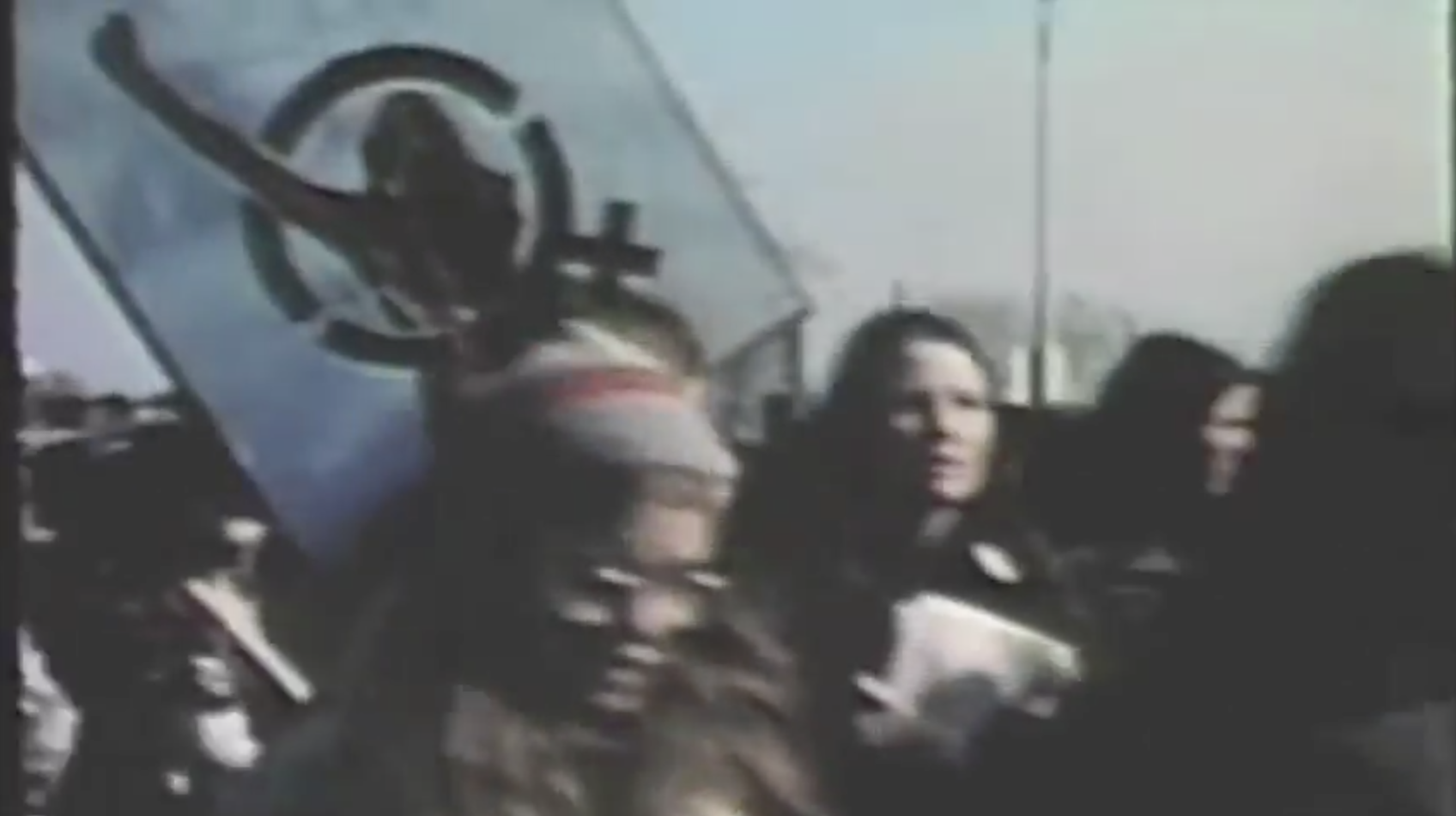
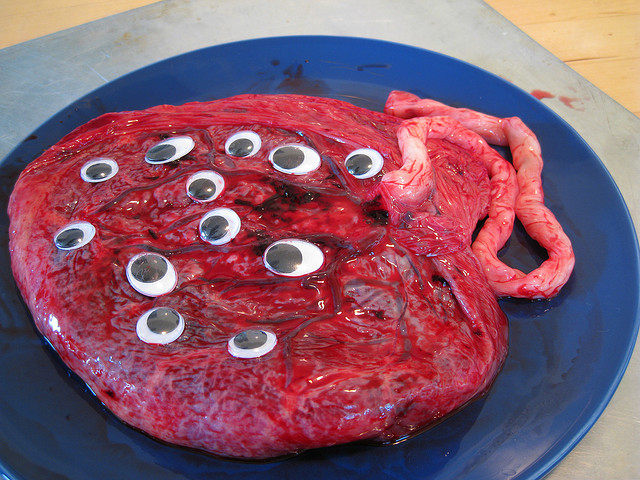
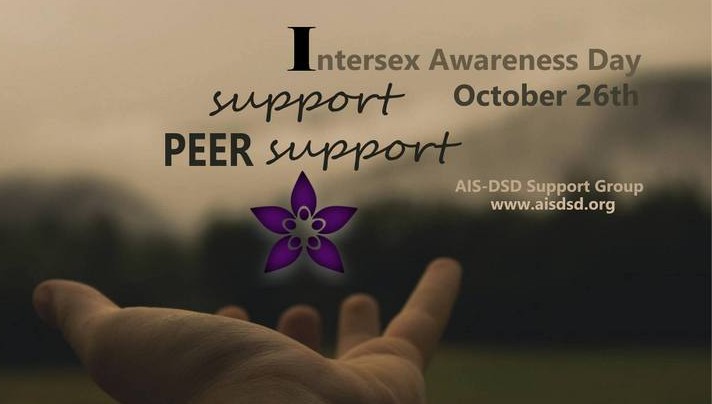
I was born after Jonestown, but growing up in the wake of Waco, and then knowing about Heaven’s Gate as a teenager, and knowing only the most limited details about Jonestown, I couldn’t help but think “Cults commit mass suicide.”, along with “The government thinks stopping cults is their duty.” (More for Jonestown and Waco than Heaven’s Gate, obviously.)
I still can never remember exactly what gave them the idea to commit “revolutionary suicide”. The world remembers Jones more as someone mad with power than anything, I guess.